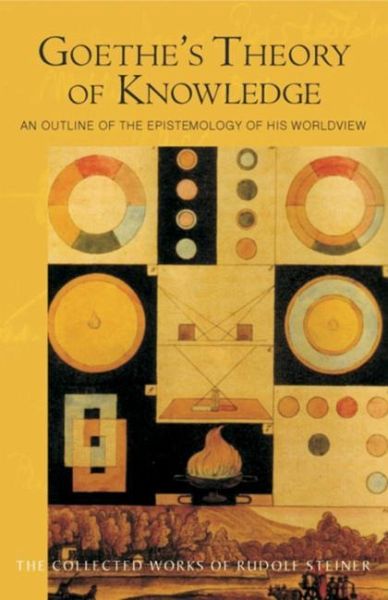
Goethe's Theory of Knowledge
An Outline of the Epistemology of His Worldview (Cw 2) Volume 2
Übersetzer: Clemm, Peter

PAYBACK Punkte
13 °P sammeln!
As the editor of Goethes scientific writings during the 1880s, Rudolf Steiner became immersed in a worldview that paralleled and amplified his own views in relation to epistemology, the interface between science and philosophy, the theory of how we know the world and ourselves. At the time, like much of the thinking today and the foundation of modern natural science, the predominant theories held that individual knowledge is limited to thinking that reflects objective, sensory perception.



